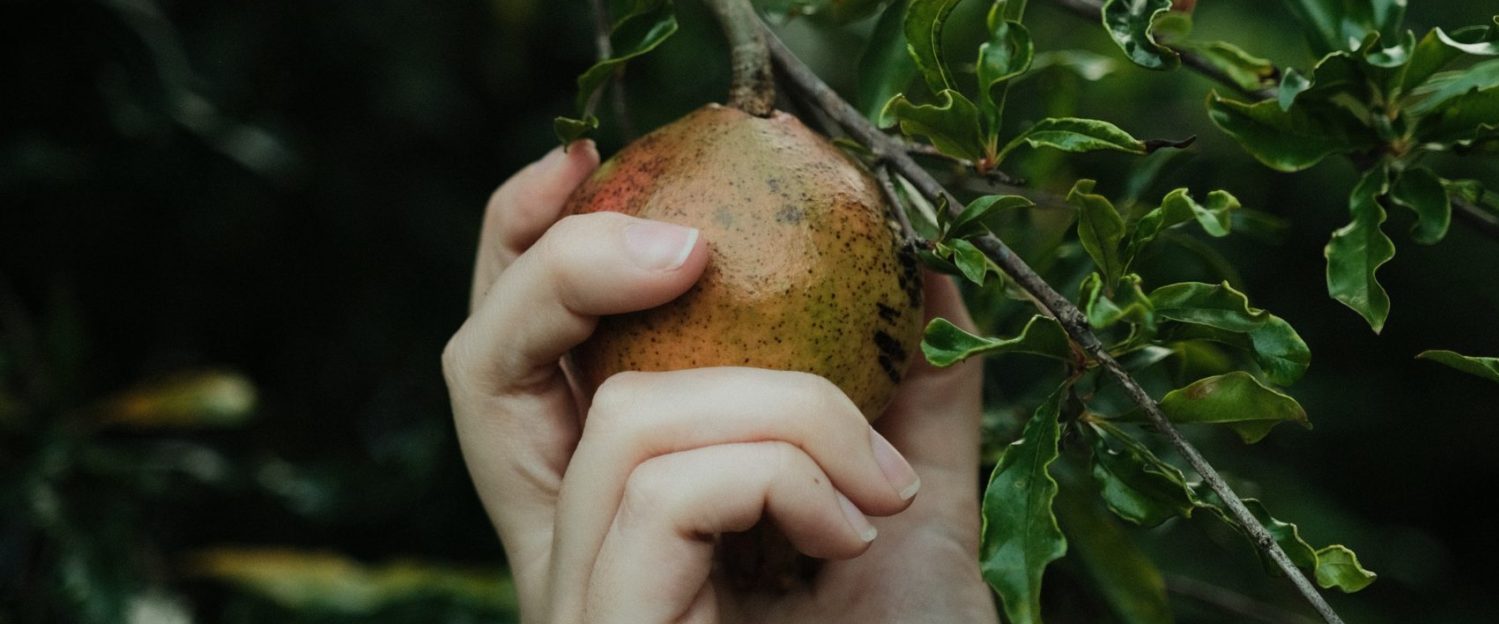
The digestive system is one of the cooler bodily systems.
Its main role is literally to break down food into smaller, usable nutrients that the body can use for its many functions. It’s almost like this system is a cultivator or filter that then gives all its produce to the rest of the body.
So… pretty important!
The process of digestion begins as soon as we put food into our mouths and continues until the waste products are eliminated. It’s really just made up of a series of organs and glands that work together to carry out the various stages of digestion.
My goal with this article series How You Work is to simple explain the basics of how the different systems of the body function.
I don’t plan on going into major detail about the science behind anything, I just want to create a general layout for what the human body does and how it works and how it works together within itself. It is truly fascinating, and I hope you look more in depth into each and every topic.
But if you’re only here for a briefing on how the digestive system works, I got you covered:
The Role Of Our Mouths In The Digestive System

As you could guess, all of digestion begins in the mouth, where food is ground up by our teeth and tongue.
Even our saliva helps us digest things. Ever wonder why when you see something that looks like it tastes good, your mouth waters? That’s because your brain is basically saying “Let’s get ready to ruummbbbbllleee!”. Our salive contains enzymes that help to start break down food, so it’s not just water (though, it’s mostly water).
What The Esophagus Does For The Digestive System

Let’s see if you can digest this next part!
(You knew I’d have to make that joke eventually).
Once we chew food and mix it with saliva, we swallow it and moves down the esophagus, a long muscular tube that connects the mouth to the stomach.
Kind of boring information, right?
Yeah, you’re right, it is. But it’s technically part of the digestive system so I’m not leaving it out!
The Stomach‘s Job

Did you know that our stomachs are muscles? I definitely didn’t. I mean, it makes sense, but it also makes me a little uncomfortable for some reason.
It’s job is to mix and grind food with a semi-liquid mixture called “chyme”.
The stomach secretes hydrochloric acid and enzymes that further break down proteins and help kill bacteria in the food.
The Involvement Of The Small intestine

The small intestine is a long, narrow tube where most of the digestion and absorption of nutrients occurs.
Learning this was strange to me because I always thought the stomach was where the nutrients were absorbed.
The walls in our small intestines are lined with tiny finger-like projections called villi, which increase the surface area and allow for more efficient absorption of nutrients into the bloodstream… best not to think about that too much, it might make you feel queezy.
The Involvement Of The Pancreas

So, What the pancreas is is a gland that produces digestive enzymes and hormones that regulate blood sugar levels.
The pancreas releases digestive enzymes into the small intestine to aid in breaking down carbohydrates, proteins, and fats.
So the pancreas is practically the small intestine’s little helper – like a little brother – or a husband, maybe.
The Involvement Of The Liver In The Digestive System

If the pancreas is the digester of carbs, protiens and fats, the liver is kind of the same thing but different.
You may not know this, but humans create bile inside our bodies. What bile is is kind of an acidic liquid that helps us digest things, and when we “have nothing on our stomachs” and somehow throw up – generally what we throw up is bile, because that’s next in line to be up-chucked after our stomachs.
We produce bile in the liver, where it aids in digesting fats before moving on to the gallbladder for storage.
The Involvement Of The Gallbladder

The gallbladder is a simple fellow.
It’s just a small sack that’s located underneath the liver. It stores bile, but only until the small intestine needs it, then waits to receive more bile from the liver.
No presumptions of doing more, generally not causing problems in the body – just vibes.
The Involvement Of The Large intestine

The large intestine, also known as the colon, absorbs water and electrolytes from undigested food, forming solid waste products that the body eliminates through the rectum and anus.
He gets the worst job.


1 thought on “How You Work: The Digestive System”